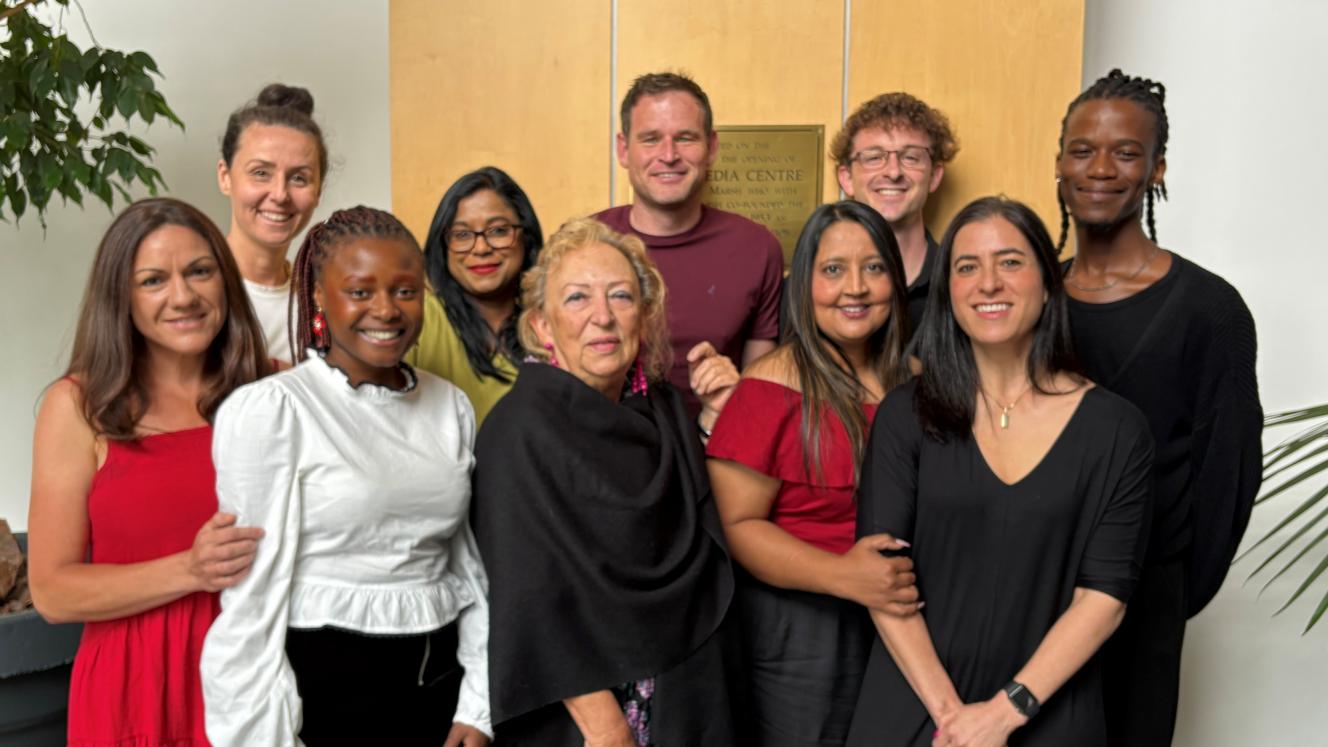Ahead of South Africa’s busy summer tourist season, concerns have been raised about whether employers provide sufficient support to guides who face burnout due to long working hours in highly demanding, unpredictable environments.
Despite their essential role in shaping tourist experiences, many guides continue to grapple with lack of structured support when contending with the challenges of the job, according to Angelica Muñoz Cordoba, former Chairperson of the Cape Tourist Guides Association.
“Large tour operators don’t have the necessary measures in place to help guides deal with extraordinarily stressful conditions. The long working hours, low pay and constant need to fulfil guest expectations take a toll and not enough is being done about it,” she said.
Muñoz Cordoba pointed out that most of the feedback mechanisms instituted by operators focus on gaining guest insights.
“Meanwhile, little is done to gain an understanding of the numerous challenges a guide may face during a trip. It could be many things: a last-minute change of itinerary, unexpected delays at tourist attractions or airports, incorrect booking information, problems with vehicles or supplier payment issues – the list goes on,” she said.
Muñoz Cordoba’s assertions are supported by the results of a Tourism Update poll when half of industry respondents expressed their belief that guides do not receive the necessary support to manage stress and prevent burnout.
Michelle du Plessis, MD of the Field Guides Association of Southern Africa (FGASA), agrees that the risk of burnout is very real.
“Fatigue, physical and mental exhaustion can build up over time, affecting individual wellbeing and the quality of the guest experience. The reality of living on site adds another layer of pressure — many lodges are remote and guides are effectively on site around the clock. Without appropriate space or time to disconnect, fatigue and emotional strain can build up, impacting wellbeing and performance,” said Du Plessis.
She emphasised the importance of prioritising initiatives to support guides who she described as “the heartbeat of Southern African tourism”.
Du Plessis added: “They are the storytellers, educators and protectors who bring our natural and cultural heritage to life for guests. Their professionalism, empathy and energy are what guests remember most, and their influence extends far beyond the vehicle or the trail.”
Setting sound examples
Du Plessis stressed that many employers, in the safari industry in particular, are increasingly recognising the need for healthier working environments.
“These employers see first-hand that when guides feel supported, their energy, enthusiasm and guest interactions thrive. They understand that a well-supported guide is reflected directly in the quality of the guest experience and in the reputation of their business. Providing ongoing training, time to rest and recharge, and a culture of teamwork is a strategic investment in the sustainability and success of Southern African tourism.”
Simon Collier, Wilderness Group Head of Hospitality and Development, said Wilderness has adopted strict work/leave cycles and a policy of rotation to allow adequate time to rest.
“The hospitality industry can be an intense workplace regardless of your position and guides are often at the forefront, having extended time with guests who have high expectations. In camp, guiding schedules rotate as much as possible to allow for downtime between guests,” he said.
Wilderness guides receive annual training and have extended lines of communication with head guides, senior guides and country-specific guide trainers, Collier added.
“We have also begun creating opportunities to broaden their experience and reward their hard work by travelling to our other countries, meeting fellow guides from other areas and even joining combined country training programmes,” he said.
Joshua Duffus, Safari Manager at Sabi Sabi Collection, said the safari management team actively monitors the wellbeing of guides.

“Being guides themselves, the safari management team is well aware of the demanding nature of the work. Expecting the unexpected is part of daily life in guiding,” he said.
Sabi Sabi’s Ranger Academy, with 20 graduates since the programme’s inception in 2024, mirrors a real guiding schedule – typically a four-week on, one-week-off cycle – in its training structure.
Duffus said: “The occasional Sunday off helps to simulate a rest day that a guide might have when not hosting guests. This format gives trainees a realistic sense of the rhythm of the profession and first-hand experience of the various demands of a guide’s role.”
Recognising skills
FGASA strongly advocates for the recognition of guiding as a highly skilled career rather than a seasonal or entry-level job.
“Guiding is a skilled and respected career that requires knowledge, discipline and emotional intelligence. At FGASA, we firmly believe that the wellbeing of guides is deeply connected to their recognition as professionals,” said Du Plessis, stating that the organisation had developed a professional career pathway for guides.
“We greatly value the many lodges and employers who actively support this professional pathway and understand the long-term benefits of investing in professional, well-trained and motivated guides,” Du Plessis said.













